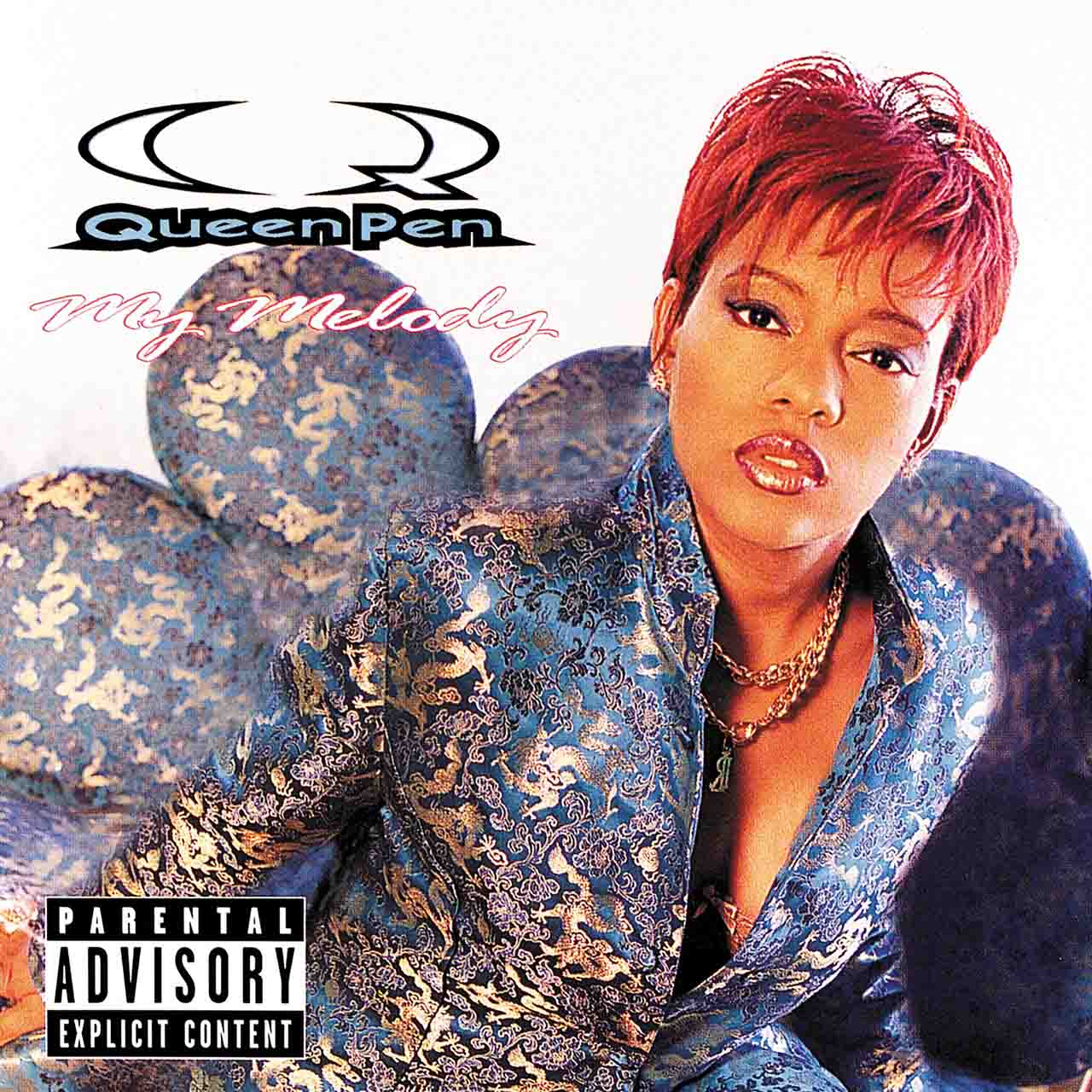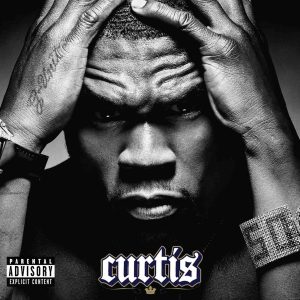It’s hard to think of a better introduction to the world than a feature on a song that hits No. 1 on the Billboard Hot 100. That’s exactly what happened to Queen Pen, who starred on Blackstreet’s iconic “No Diggity” in 1996. It was no surprise, then, to see the feisty rapper born Lynise Walters team up again with superproducer Teddy Riley a year later for her debut album, My Melody.
In the fall of 1997, women in hip-hop were riding high. And Brooklyn had no shortage of legendary emcees, from Foxy Brown to MC Lyte to Lil Kim. Queen Pen’s childhood was split between Flatbush and Crown Heights, and the lyricist had the world at her feet after her own single “Party Ain’t A Party” become a ubiquitous glasses-in-the-air club anthem. The song, with its winning guest spot from Mr. Cheeks, is just as infectious decades later, a perfect example of the best kind of 90s radio rap.
Listen to Queen Pen’s My Melody now.
The rest of My Melody puts Queen Pen squarely between the flossier divas of her day and the more grounded, relatable round-the-way girls. At a time when virtually every mainstream female rapper was coming under the glare of Lil Kim comparisons, Pen set herself apart with versatility. The bubbling “Queen Of the Click” opens things – and is a perfect slice of late 90s baller rap. The groovy, romantic title track, meanwhile, showcases a softer side to things. The Spandau Ballet-referencing “It’s True” is one of the project’s most introspective moments, a shouldve-been-a-single that tackles going from mocked and disregarded to a star overnight.
80s pop interpolations were uber-trendy in late 1990s rap, and Phil Collins himself guests on “Get Away,” a look at broken love and domestic violence. “Abuse has nothing to do with love” Pen states during the song’s somber break, opening up about her own history of violence at the hands of her child’s father. The track appeared two years before fellow rapper Eve released “Love Is Blind,” her own harrowing look at abuse. “Get Away” is just one example of how Queen Pen was unafraid to broach taboo subjects on her debut.
Another, of course, is “Girlfriend.” The sultry track features Pen, with an assist from singer-songwriter Meshell Ndegeocello, detailing her seductive interactions with another woman. At a time when same-sex seduction was rarely addressed in rap music, the song drew a predictable amount of publicity. “I told Teddy, ‘I want to do a song talking about girls,’ ” she once explained to the New York Times. ”He said, ‘Dissing a girl?’ I said: ‘No, two girls. Lesbians. He said, ‘If that’s what you want to do, let’s do it.’”
“Girlfriend” is just one of many such fascinating moments on My Melody. Looking back decades later, Queen Pen’s debut is one of the more well-crafted debut albums of its era, even if it has rarely gotten its due. Released around the same time as projects like Hard Core, Supa Dupa Fly, Ill Na Na, and The Miseducation of Lauryn Hill has led to My Melody being overlooked. But the album is of a piece with those lauded records, showcasing a talented artist unafraid of what had come before.



